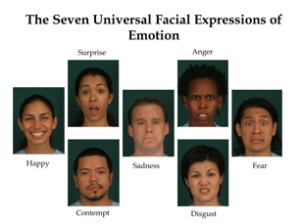
Image courtesy of Reuters
Many of us remember the tragedy that took place last July in a movie theater in Aurora, Colorado. NewScientist has some interesting turn of events in the Dark Knight Rises shooter case .
James Holmes has plead not-guilty by reason of insanity, and the judge presiding over the case has ruled that “medically appropriate” drugs could be used in Holmes case. To be found insane, Holmes’ attorneys must prove that he did not know right from wrong at the time of the shooting,which killed 12 people and injured 58.
When one says “truth serum” it is not clear what drug that is, but New Scientist reports that it could be sodium pentothal, which in some US states is given as part of the lethal injection in the death penalty. However, many scientists and psychologists think that it is very doubtful that this medical drug will be helpful in coercing Holmes into “telling the truth”.
“Under barbiturates, people often engage in fantasy and have delusions. This is similar to someone who is drunk. How much do you trust the story the drunk in the pub tells you?” said Paul Zak from Claremont Graduate University in California.
Aldert Vrij a lie detection researcher, says that the judge’s ruling is unusual.
“I am not aware of any scientific support for truth serums. Neither am I aware that it has value on determining whether someone is legally insane.”
However, the value of using such drugs in a court of law to elicit “truth” statements is very unclear at this point. “Regardless of their effectiveness, administering truth serums arguably violates an individual’s rights under the US constitution. However, the constitutional implications of using a truth serum to test an insanity plea are less clear,” purports Jason Odeshoo at law firm Jenner & Block in Chicago, Illinois.
What do you think about this admission in court? Is it a violation of human rights? OR
Is is no holds bar when one tries to plead insanity for the killing of 12 people, many in the prime of their life?
